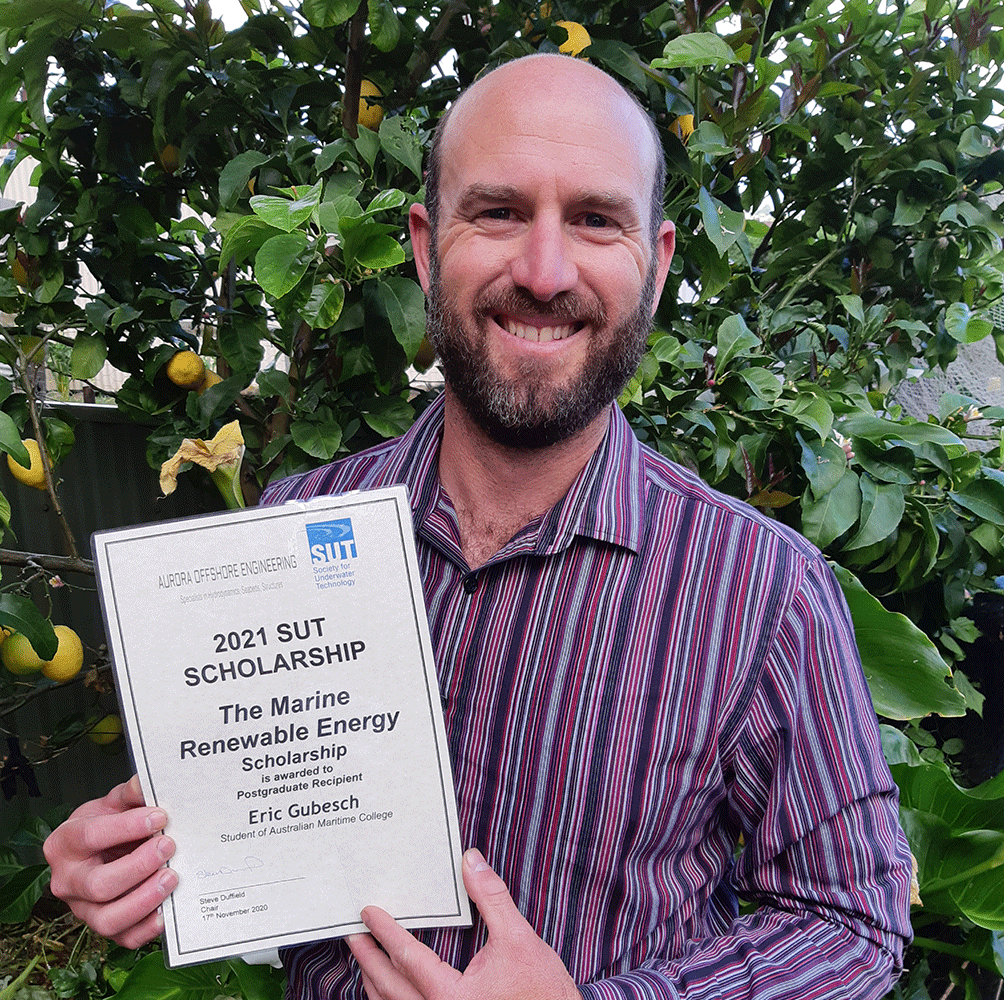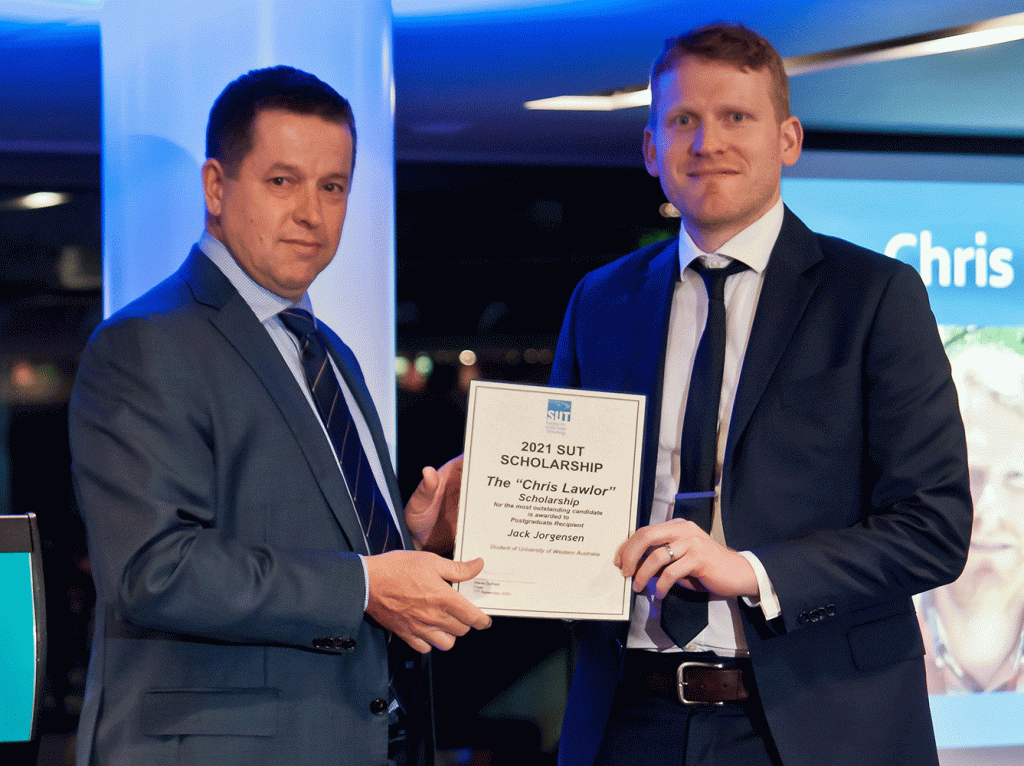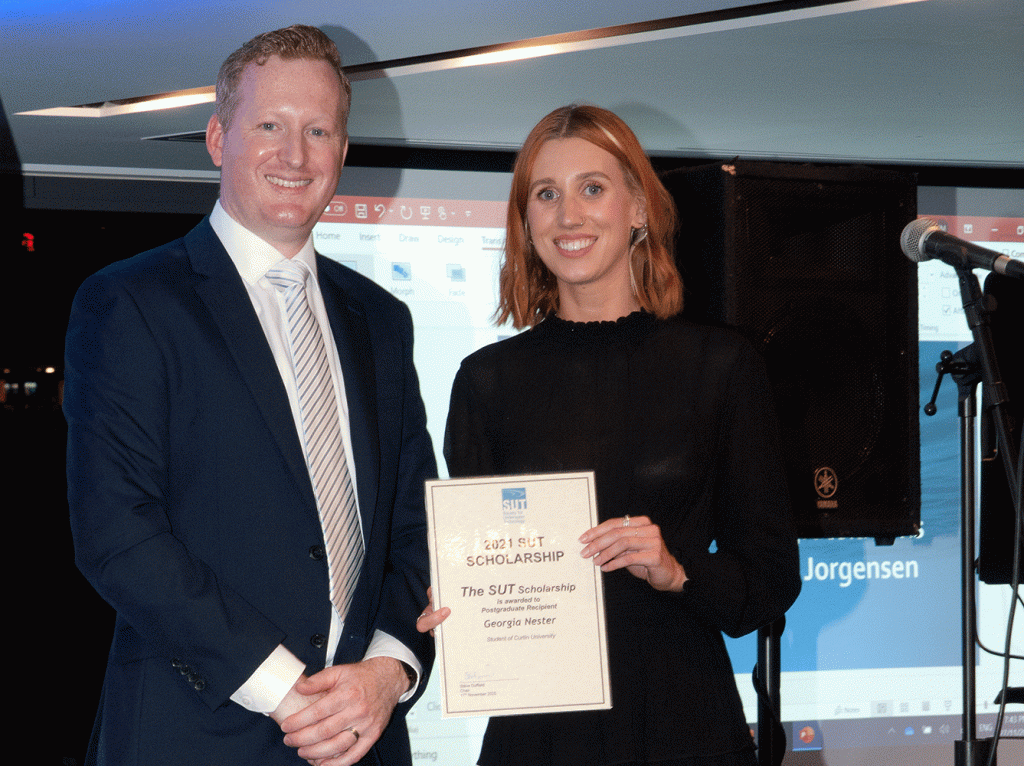Congratulations Eric Gubesch
Eric is a PhD student at University of Tasmania, with a passion for offshore renewable energy. His academic achievements to date have been recognised with awards by IMarEST, RINA and AMC for his undergraduate work on semi-submersible platforms with wave energy converters, while his postgraduate studies focus on the effect that mooring systems have on operational performance and survivability of floating offshore wave energy converters.
Eric aspires to contribute to the development of new technologies for the offshore and subsea renewable energy industries, and is a worthy recipient of the Scholarship.

Thank you to Aurora Offshore Engineering for sponsoring this scholarship


